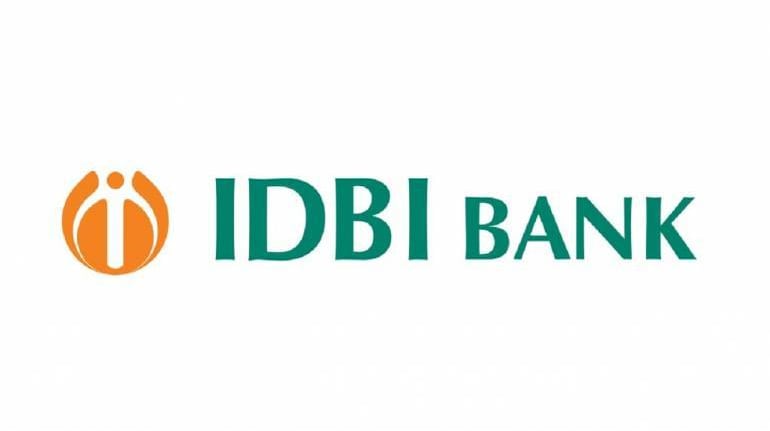



Madhuchanda Dey
Moneycontrol Research
IDBI Bank has recently informed the stock exchange about a preferential allotment to Life Insurance Corporation (LIC) subject to the latter’s total exposure not exceeding 14.90% of post-issue capital of IDBI Bank at any point of time.
LIC is already a minority shareholder in IDBI with a 7.98% stake. Recent media reports say that LIC is unlikely to pay any premium for picking up shares in a beleaguered institution like IDBI Bank, and this is justifiable. But we question the likely outcome of this emergency funding: Who will it benefit at the end of the day? No one, it turns out.
IDBI – the failures are well knownIDBI Bank’s problems are well known and don’t require much elaboration. The bank, being a traditional term lender, has one of the worst asset qualities in the system and requires large doses of capital just to stay afloat.

IDBI Bank has a staggering pool of non-performing assets – its gross NPA stood at 30.78% (Rs 57,807 crore) and net NPA at 18.76% (Rs 29,981crore) at the end of June. The bank holds a provision of close to Rs 27,811 crore, which works out to a provision cover of 48.1%. In addition, the bank has an outstanding stressed standard asset portfolio of Rs 20,523 crore, some of which can slip to non-performing assets in coming quarters. So the clean-up exercise itself warrants large capital infusion.
IDBI Bank’s capital position is precarious with Tier 1 capital at 6.18% and total capital adequacy ratio (CAR) of 8.18%, below the regulatory threshold. This virtually cripples the entity from generating new business, thereby making it virtually impossible to emerge out of its past problems.
The bank is fast losing its market share, rendering its existence less meaningful by the day. The bank’s market share in deposits and advances, which stood at 2.9% and 3.1% respectively in March 2015, has fallen to 2.1% and 1.8% respectively at the end of June this year.
So this is a bank in a coma that could either be revived to some semblance of health with prompt and expert medical attention, or allowed to die. Unfortunately, in the case of IDBI Bank neither of the two approaches are being considered. Instead, a third strategy of barely keeping the institution afloat – on a ventilator - is being adopted with the capital infusion from LIC to the tune of Rs 2,175 crore (approximately 34 crore fresh shares) that will take the insurer’s stake from 7.98% to 14.90%.
This will neither help clean up the books of IDBI Bank, whereby the bank could have started on a clean slate, nor shore up the capital position meaningfully whereby it could have participated in fresh lending activities to provide for past losses. This fresh capital is certainly not going to generate returns unless IDBI starts functioning in a completely new format –a fresh approach to business drastically different from its erstwhile avatar of a term lender, and probably run by a more dynamic management that can navigate better the changed reality of the markets.
LIC is owned by the government so asking it for emergency funding is not unexpected, but the existing format is against the interest of all stakeholders – the policyholders of LIC as well as the shareholders of IDBI Bank and only reiterates the futility of the piecemeal approach to tackling serious issues in the system.
Unlike with other PSU banks, the government had an opportunity to fully privatise IDBI Bank as it is not covered by the bank nationalisation laws and there is no legal restriction on the government shedding its stake below 51%. While it is far from clear that a rush of suitors would have beaten a path to the bank’s door, given its problems, it may have been possible for the government to get rid of its holding at a valuation attractive to potential buyers. Besides, by truly privatising the beleaguered lender, the government could have sent a strong signal to the markets of its intention of impart a new lease of life to the ailing sector. This will turn out to be one more lost opportunity.
Discover the latest Business News, Sensex, and Nifty updates. Obtain Personal Finance insights, tax queries, and expert opinions on Moneycontrol or download the Moneycontrol App to stay updated!
Find the best of Al News in one place, specially curated for you every weekend.
Stay on top of the latest tech trends and biggest startup news.